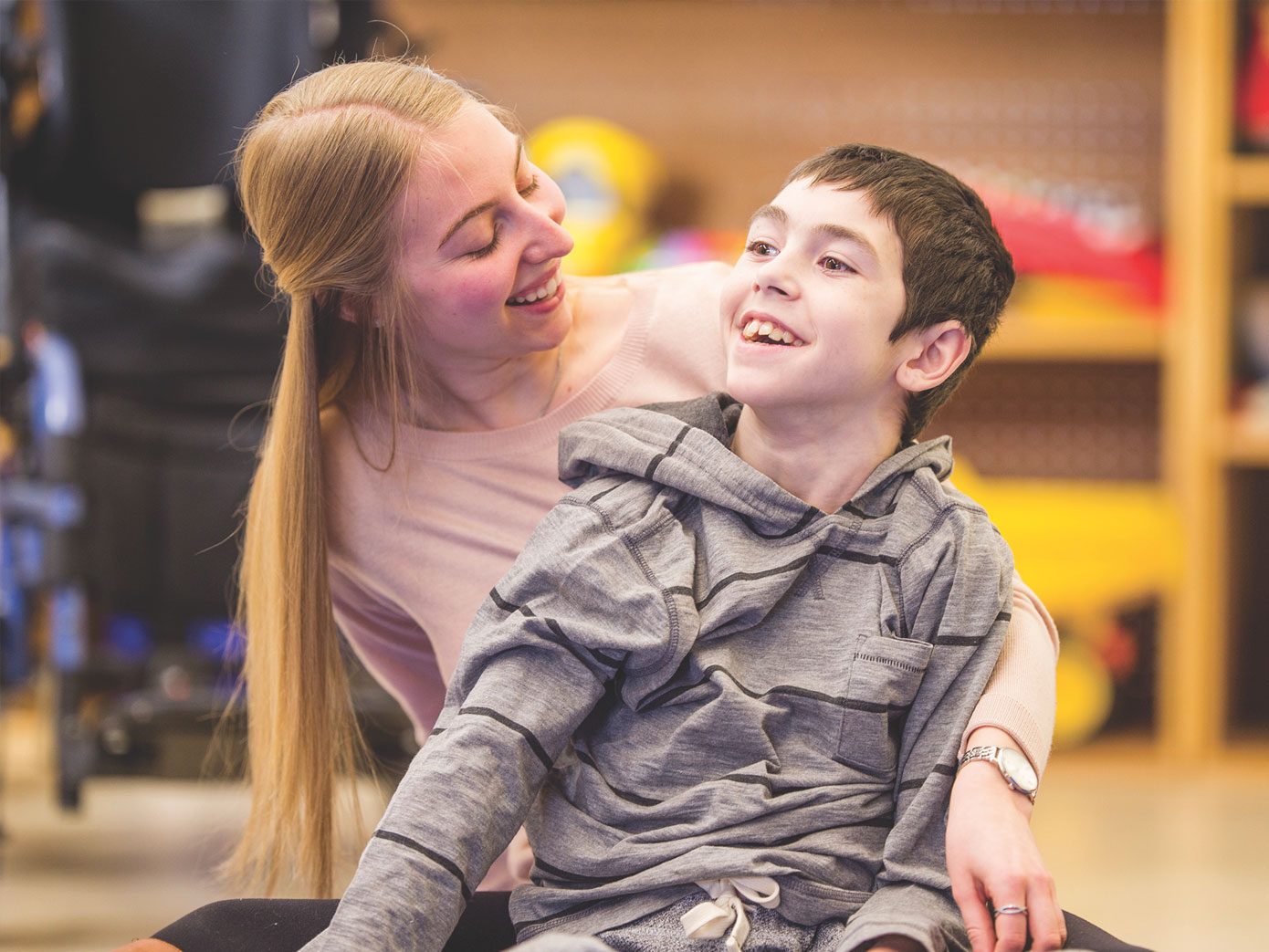
Complex Care for Kids Ontario (CCKO): A Province-Wide Integrated Care Intervention for Children with Medical Complexity (CMC) using a Patient-Engaged Evaluation Framework
Issue
- Children with medical complexity are only 0.7% of children yet they require a remarkable one-third of all child health resources, account for 43% of child deaths, 49% of hospital days, and 75-92% of consumed assistive health technology. CMC, their parental caregivers and families, and the healthcare system that support them endure enormous challenges. Interventions that are tailored to individual CMC and their families with care coordination are the most promising for improving health outcomes and reducing family and health system burdens.
Within its mandate as a provincial program, the Provincial Council of Maternal and Child Health (PCMCH) leads the implementation of the Complex Care Kids Ontario (CCKO) Strategy, which is focused on CMC in wave one. The cornerstone of the strategy is the key worker, who tailors personalized care plans for each individual CMC patient-family and coordinates their care based on that plan.
Project
- The research team has partnered with CMC families, clinicians, and the provincial strategy, to figure out what outcomes are important to each of these stakeholders. The project is in the process of using those outcomes to evaluate whether the strategy is effective from the family perspective and from the perspective of the clinicians who provide care. At the conclusion of the study, the project team will know whether the strategy improved the health of CMC and whether the intervention helped reduce burden for their families and the health system.
Patient engagement
We engage patients in various ways that align with the objectives of improving care for children with medical complexity:
- To consult on the intervention – Through research, families endorsed the idea that a coordinated care intervention should occur through a keyworker and a care plan.
- To select the outcomes – Patients partnered with their clinicians to select the criteria (outcomes) that would show whether the intervention was working. CCKO helped disseminate on-line surveys to CMC families and their clinicians. They supported a consensus conference for the families and clinicians to agree on what criteria were important.
- To provide the data – many of the outcomes are being measured using valid surveys that ask caregivers how they are doing without any interference from clinicians or researchers. Caregivers are also providing less structured feedback about the intervention through interviews.
- To co-conduct the research – we have a caregiver of a CMC as research staff on the team with plans to include another one. These researchers provide expertise about their experiences at every stage and step of the study.
